Beijing said on Friday that the one-China principle allows no challenge while United Nations General Assembly Resolution 2758 brooks no distortion, warning that any attempt to challenge the principle and the resolution will only suffer greater defeats.
Foreign Ministry spokesman Wang Wenbin made the remarks as he rebuked U.S. officials for accusing China of abusing Resolution 2758. U.S. Secretary of State Antony Blinken said earlier that he supported the Taiwan authority's "meaningful participation" in the UN system, which was considered by him not as a political issue, but a "pragmatic" one.
"The U.S.' rhetoric distorts historical facts", Wang said, and he shed light on some historical facts and truths.
The spokesman said that a few countries, including the U.S., once proposed the so-called reverse-Important Question (IQ) draft resolution and introduced the "dual representation" draft resolution 50 years ago, before the UN General Assembly deliberated on the draft resolution submitted by Albania and Algeria.
The reverse-IQ draft resolution required that any proposal to deprive the Taiwan authority's representation in the UN would require a two-thirds supermajority for approval while the "dual representation" draft resolution allowed the People's Republic of China to join the UN as China's representative, while allowing the Taiwan authority to remain a regular UN member.
The order of the resolutions on the voting agenda was the reverse-IQ draft resolution, the draft resolution submitted by Albania and Algeria, also known later as Resolution 2758, and then "dual representation" draft resolution.
Wang said that reverse-IQ draft resolution failed to pass and Resolution 2758 was passed, restoring the lawful seat of the People's Republic of China in the UN. As a result, the "dual representation" draft resolution immediately became null and void.
Wang noted that these historical facts clearly illustrated that the government of the People's Republic of China is the sole legal government representing the whole of China and that Taiwan is an inalienable part of Chinese territory.
The system, agencies and the Secretariat of the UN should abide by the one-China principle and Resolution 2758 when dealing with Taiwan-related affairs, he added.
"These principles have been universally recognized by the international community as early as half a century ago," Wang said.
The spokesman said that a few countries once attempted to reject the one-China principle and obstruct Resolution 2758, but these moves ended up in failure.
Five decades later, if anyone tries to challenge the principle and the resolution, they will only encounter greater failures, he added.








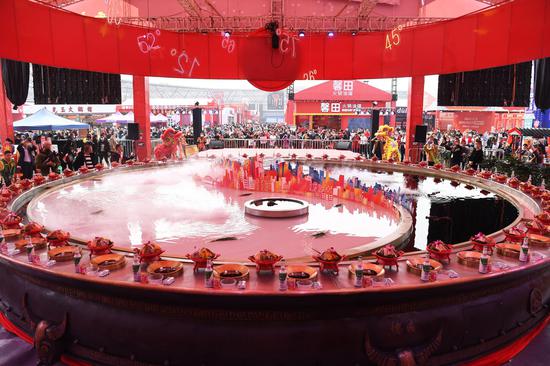




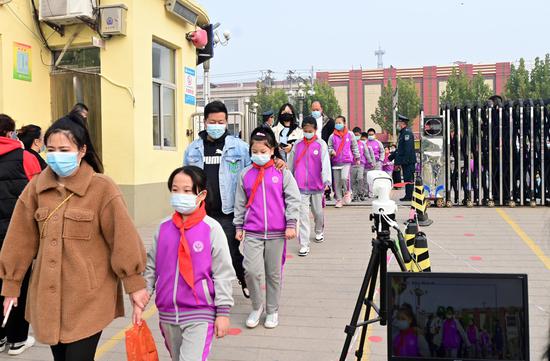



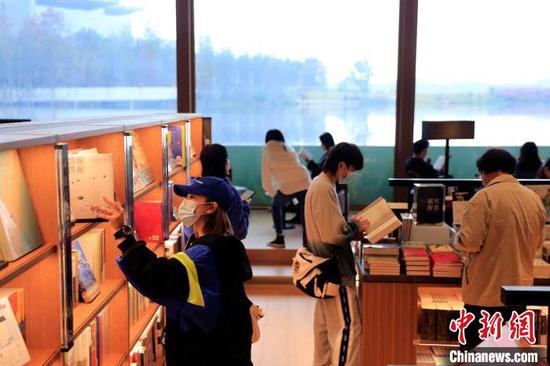










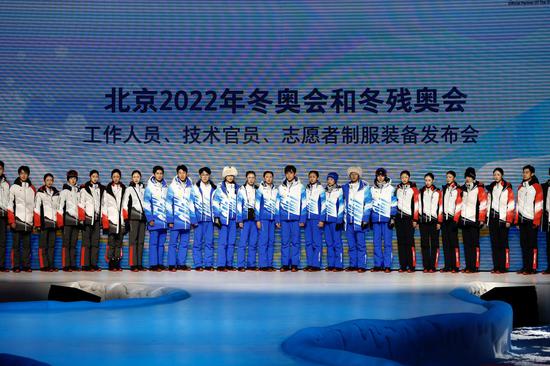
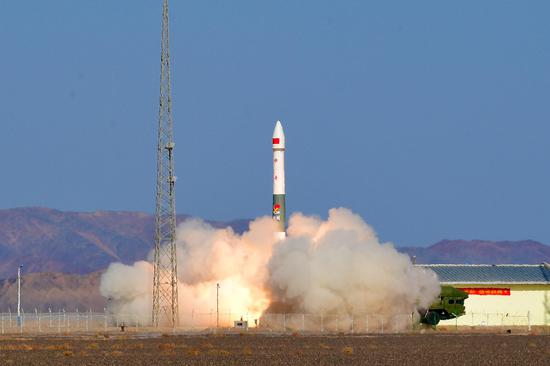


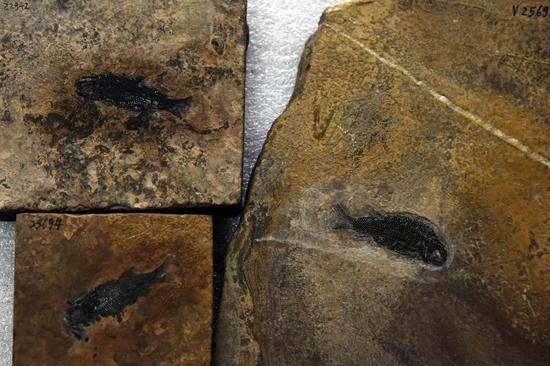
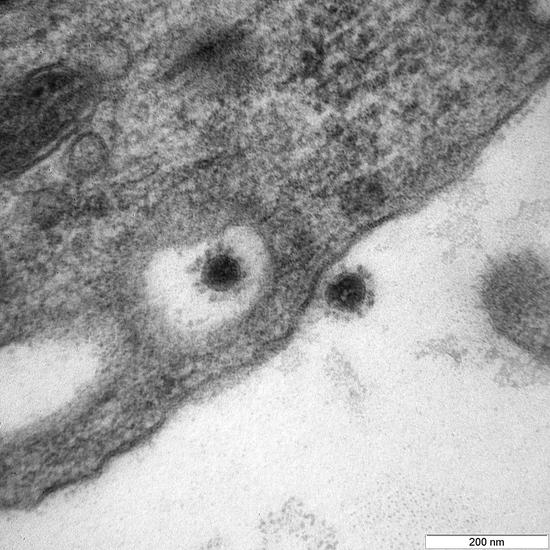









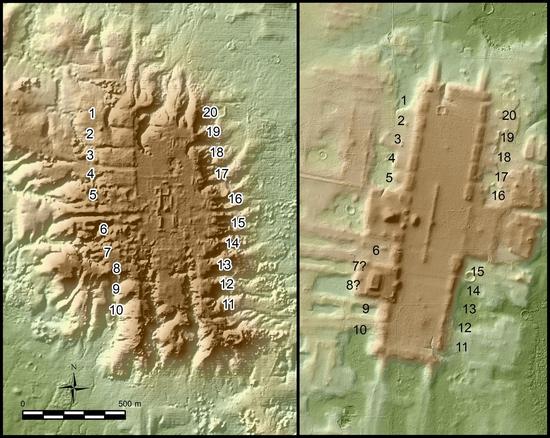






 京公网安备 11010202009201号
京公网安备 11010202009201号